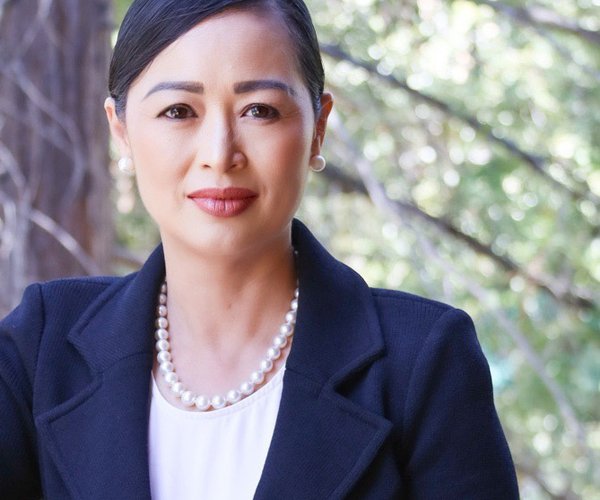Local produce has become a popular choice in school cafeterias around California and the Turlock Unified School District has decided to move in a similar direction.
“We are working on it,” said Scott Soiseth, TUSD child nutrition director. “Hopefully by next year we can use all local produce.”
TUSD currently buys oranges from local farmers but the rest of their food comes from Fresno Produce Co. and Fresh Point in Turlock, Soiseth said. The school district feeds over 13,366 students daily over the nine-month school year.
The location of where the produce is grown from Fresno Produce and Fresh Point is unknown and that is a big reason why TUSD is working on building a stronger relationship with local farmers.
“Some produce is local, but we aren’t sure where it is coming from,” Soiseth said. “It could come from Chile.”
Soiseth has been talking with local growers at the Turlock Farmers Market on Fridays in effort to gain local produce. If obtaining producing locally turns out to be cost prohibitive, then he will work on getting American produce, Soiseth said.
“That is the second best thing,” he said.
The district wants to feed their students with food grown locally and they are shooting for next year with a full menu of local produce.
“You know where it is coming from,” he said. “You know the farmer. You know it is fresh because you get it the same day it is picked. You also know the amounts of pesticides used because it is grown in California.”
It is difficult to get local produce into the school site cafeterias, however, because the majority of local produce comes out in the summer when school is out, Soiseth said. But regardless, they are moving in the direction of local produce like other school districts state wide.
Sacramento City Unified, Yuba City Unified, Buckeye Unified in El Dorado County, Rescue Unified in El Dorado County and Roseville City Unified have all partnered with local farmers to bring fruit into their schools.
These districts are undertaking a project spearheaded by the UC Cooperative Extension to bring more locally grown strawberries into the school cafeteria.
“This project not only increases income for these limited-resource farmers, but reduces our ‘food miles,’ or the distance food must travel from farm to fork, and brings fresh, local, nutritious strawberries into our children’s school lunches, restaurants and low-income neighborhoods,” said Jennifer Sowerwine, project coordinator based at UC Berkeley.
To contact Maegan Martens, e-mail mmartens@turlockjournal.com or call 634-9141 ext. 2015.









